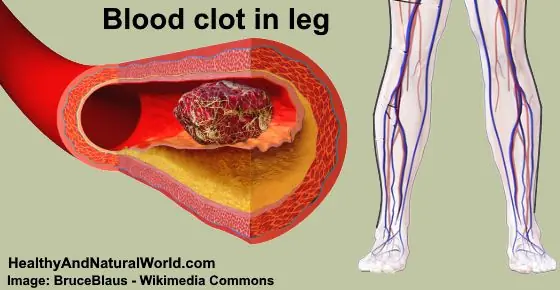
How Your Body Changes in Your Forties and What It Means for Your Health
🌟 How the Female Body Changes in Your Forties — And What It Means for Your Health
Turning 40 can feel like crossing an invisible threshold. For many women, this decade marks the beginning of profound physical, hormonal, and emotional changes. While these shifts are natural, they can be surprising, even unsettling. But with knowledge and proactive care, your forties can be a time of strength, clarity, and renewed vitality.
🔄 Hormonal Shifts: The Root of Many Changes
Most changes in your forties stem from fluctuating levels of estrogen, progesterone, and testosterone. These hormonal shifts are part of perimenopause—the transitional phase before menopause—and they influence everything from metabolism and mood to skin and sleep.
-
Irregular periods: Cycles may become unpredictable, with heavier or lighter flow.
-
Hot flashes & night sweats: Sudden waves of heat and disrupted sleep are common.
-
Mood swings: Irritability, anxiety, and even depression may surface more frequently.
-
Decreased libido & vaginal dryness: Lower estrogen can affect sexual desire and comfort.
“Midlife is a busy time. You may have kids, a partner, a job, or aging parents — there is a lot going on. And so stress layered on top of real physical changes is overwhelming,” says Dr. Nora Lansen.
💪 Physical Changes You Might Notice
Your body may feel different than it did in your thirties—even if your lifestyle hasn’t changed.
-
Weight gain: Metabolism slows, and fat tends to accumulate around the waist.
-
Muscle loss: Strength declines by 8–15% per decade, partly due to lower estrogen and testosterone.
-
Skin changes: Wrinkles, dryness, and flushing are common as collagen production drops.
-
Thinning hair: Hair may lose volume or change texture, especially at the crown.
-
Joint pain: Less estrogen means less cushioning in joints, leading to stiffness or discomfort.
-
Vision changes: Dry eyes and blurry vision may become more frequent.
-
Bladder control issues: Weakened pelvic floor muscles can lead to urinary leaks.
-
Fatigue & sleep disturbances: Insomnia, restless legs, and sleep apnea may emerge.
-
Brain fog: Memory lapses and difficulty concentrating are often linked to hormonal shifts.
🧠 Emotional and Cognitive Shifts
Beyond physical symptoms, many women report changes in mental clarity and emotional resilience.
-
Stress sensitivity increases, especially with competing responsibilities.
-
Cognitive changes like forgetfulness or slower recall may feel frustrating.
-
Self-reflection deepens—many women reassess careers, relationships, and personal goals.
Interestingly, while some symptoms are challenging, many women also report feeling more confident, assertive, and self-aware in their forties. This decade can be a powerful time of transformation.
🩺 Health Risks to Watch For
Lower estrogen levels can increase the risk of:
-
Heart disease: Estrogen helps protect against cardiovascular aging.
-
Osteoporosis: Bone density decreases, raising fracture risk.
-
Type 2 diabetes: Hormonal changes affect insulin sensitivity and fat distribution.
-
Urinary tract infections: Vaginal and urinary tissues become more vulnerable.
🛠️ How to Manage These Changes
You don’t have to suffer through these shifts. Many symptoms are manageable with lifestyle adjustments and medical support.
✅ Lifestyle Tips
-
Eat a balanced diet: Focus on fiber, whole grains, lean proteins, and healthy fats. The Mediterranean diet is a great option.
-
Exercise regularly: Aim for 30 minutes of movement daily to support weight, mood, and bone health.
-
Prioritize sleep: Maintain a consistent sleep schedule and create a calming bedtime routine.
-
Practice pelvic floor exercises: Kegels can help with bladder control and sexual health.
-
Hydrate and moisturize: Use gentle cleansers and hydrating products to combat dry skin.
-
Limit alcohol and caffeine: These can worsen hot flashes and disrupt sleep.
🧘 Stress Management
-
Find joy: Hobbies, social connections, and laughter are powerful stress relievers.
-
Try mindfulness: Meditation, yoga, and deep breathing can ease anxiety and improve sleep.
-
Stay connected: Talking with others going through similar changes can be validating and empowering.
❤️ Sexual Health Support
-
Use vaginal moisturizers or lubricants: Products like Replens or water-based lubricants can ease discomfort.
-
Consider pelvic physical therapy: It can improve sexual function and reduce pain.
-
Talk to your doctor: Hormonal treatments or non-hormonal options may help.
🩻 When to See a Doctor
Consult a healthcare provider if you experience:
-
Bleeding between periods or cycles shorter than 21 days
-
Periods lasting longer than 7 days or extremely heavy flow
-
Symptoms that interfere with your daily life or well-being
Regular checkups and open conversations with your doctor can help you navigate this phase with confidence.
🌈 Final Thoughts
Your forties are not just about managing symptoms—they’re about embracing change. This decade can be a gateway to deeper self-understanding, renewed purpose, and unapologetic strength. While your body may be evolving, so is your wisdom. And that’s something worth celebrating.
News in the same category

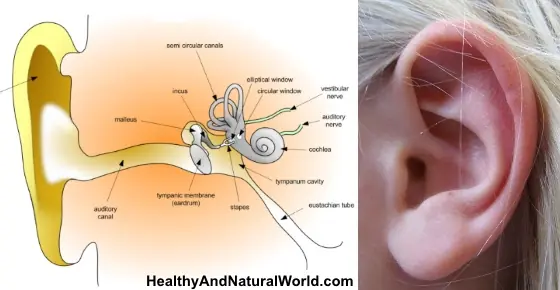
The Most Effective Ways to Naturally Get Rid of Clogged Ears

Most US Neurologists Who Prescribe MS Drugs Take Industry Money

Cognitive Benefit From Ginkgo biloba Monotherapy in MCI

Keeping Up on HS Management When Guidelines Are Outdated

17 Foods That Increase Magnesium And Prevent High Blood Pressure, Blood Clots And Muscle Fatigue

New Blood Test Shows Over 90% Accuracy for Lyme Disease

Is AI Use Causing Endoscopists to Lose Their Skills?
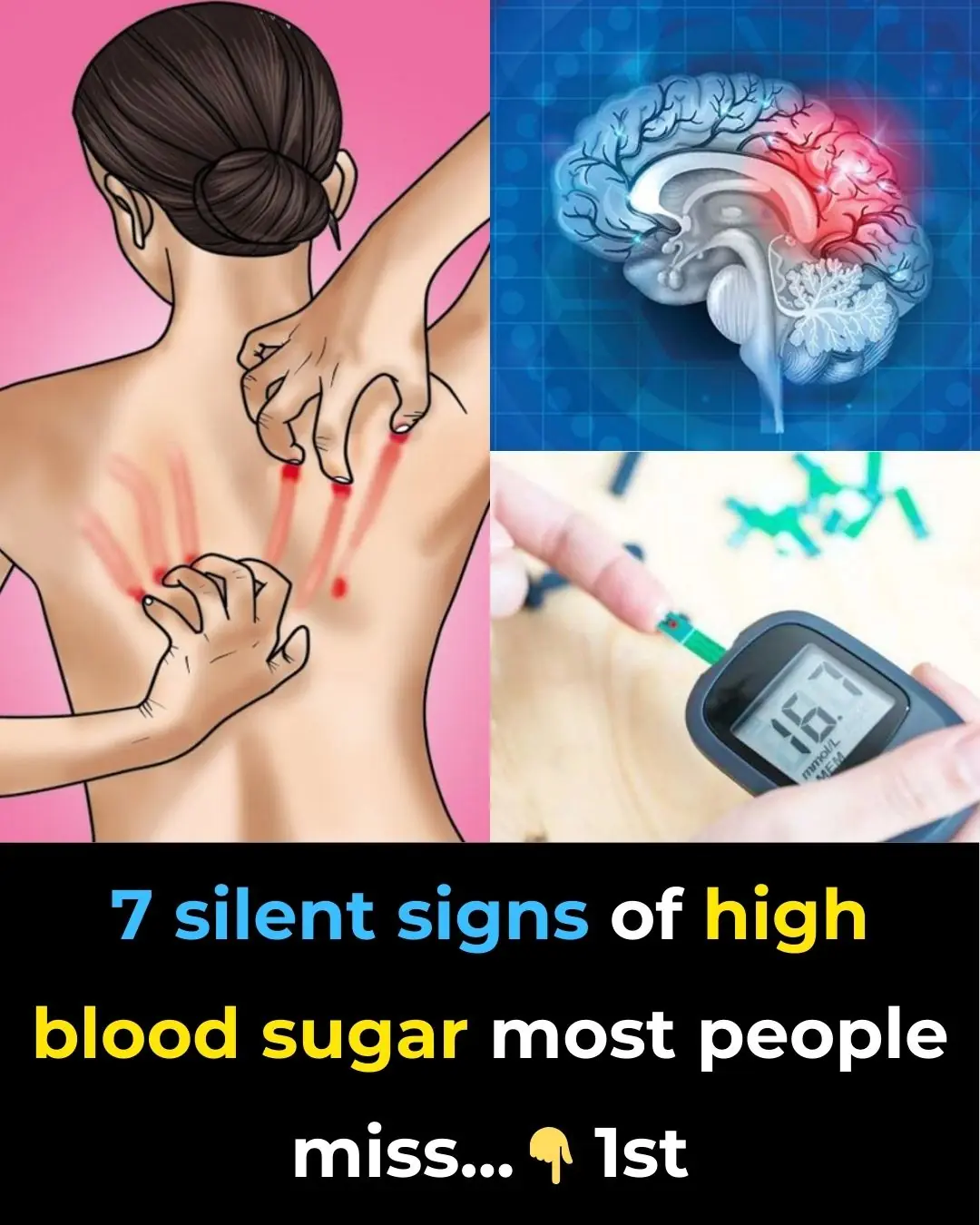
7 silent signs of high blood sugar most people miss

If you didn’t drink more water, why are you peeing so often?

9 Foods to Eat Regularly to Maintain a Sharp Brain and Prevent Memory Loss as You Age
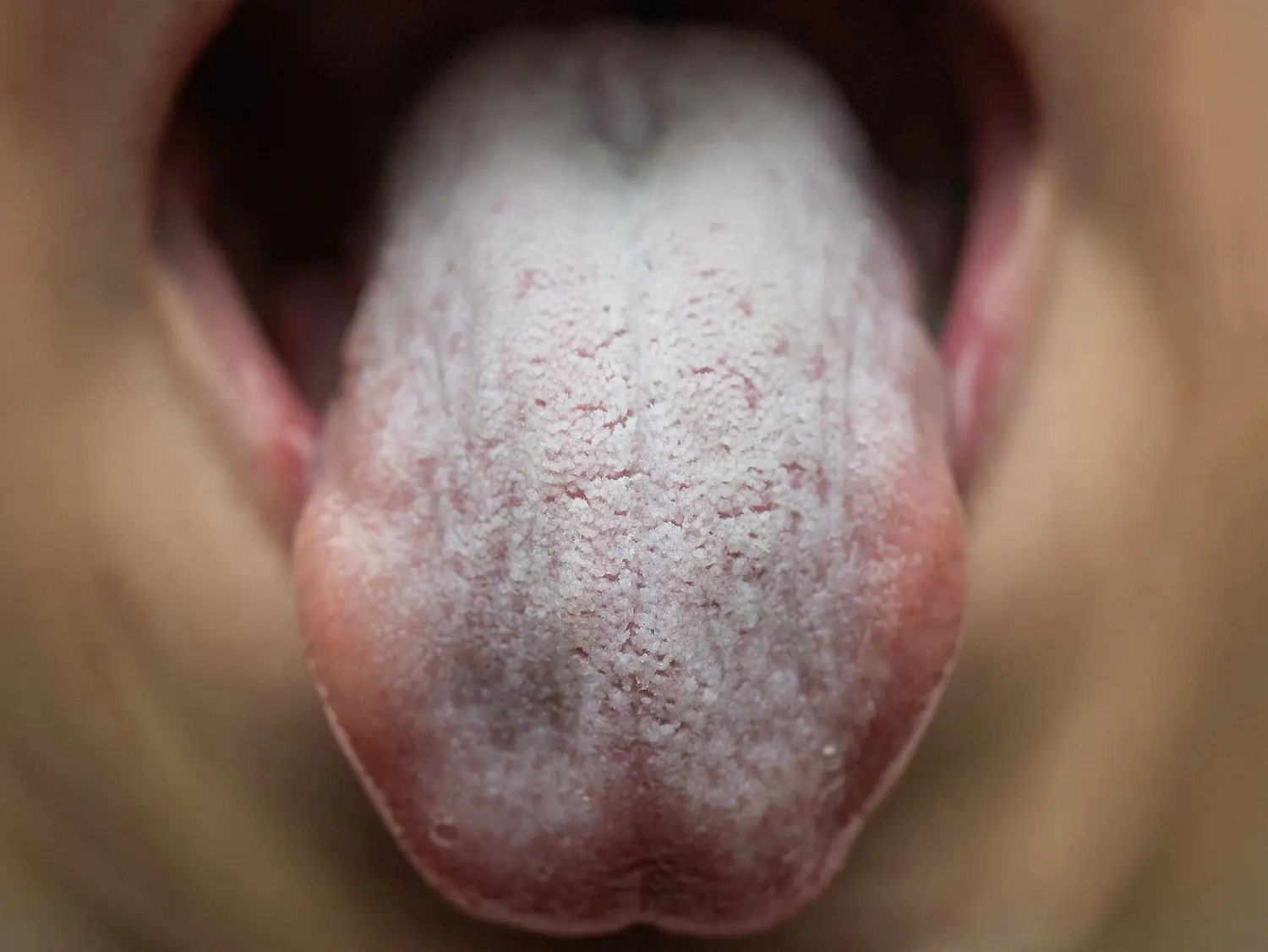
Top Signs That You Have Candida Infection and What to Do About It
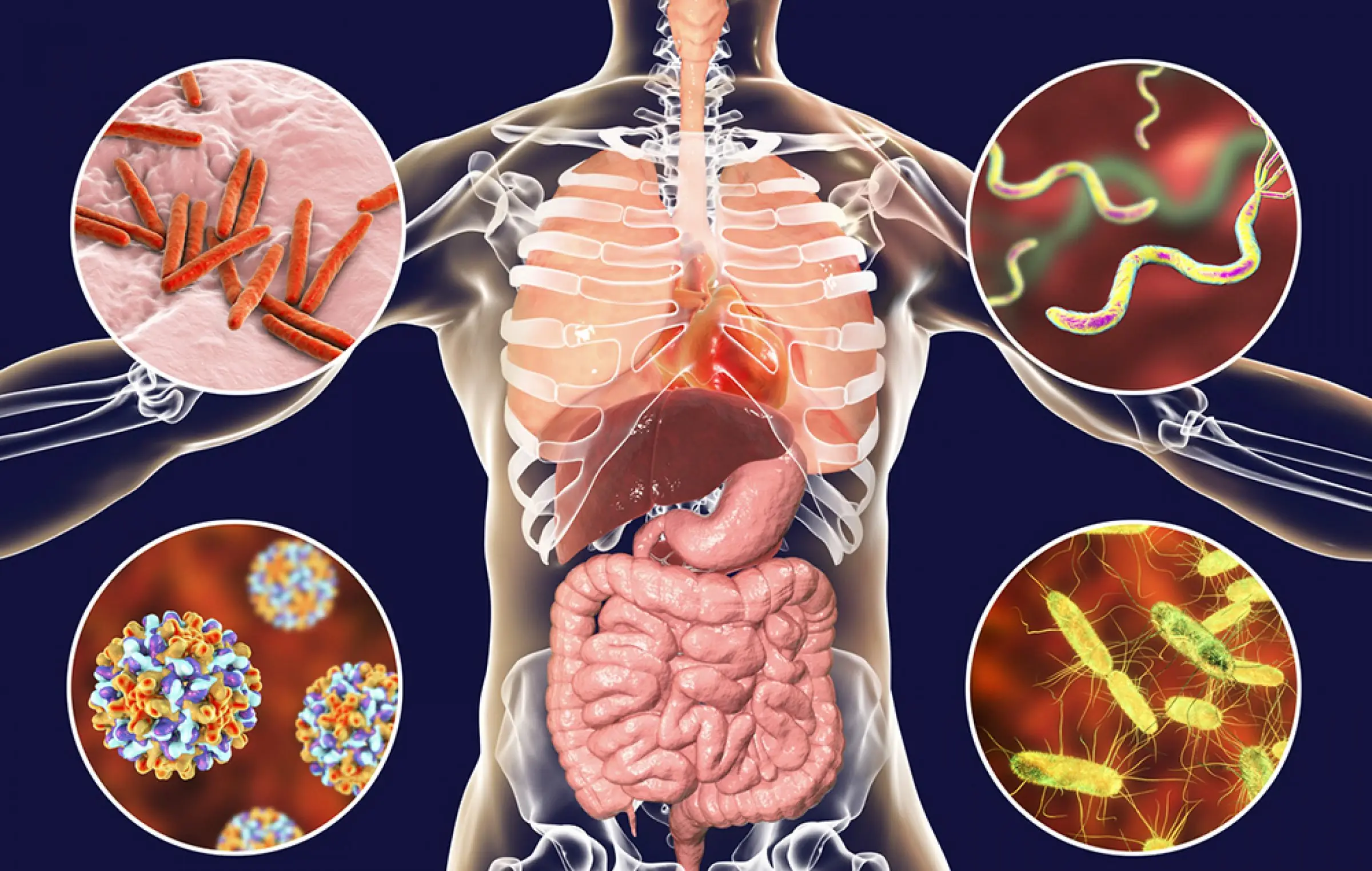
How to Get Rid of Worms in Humans (Including Parasite Cleanse Diet)
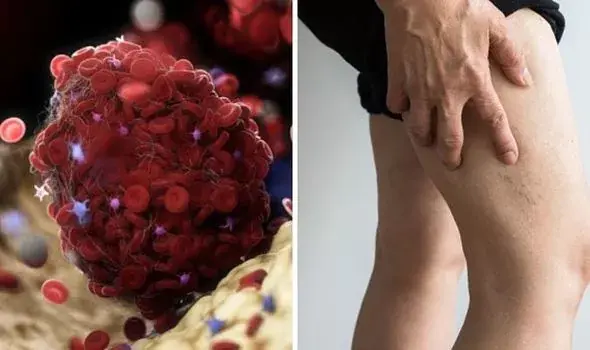
Blood Clot in Leg: Signs and Symptoms You Shouldn’t Ignore

The Music That You Listen To Literally Causes Changes In Your Brain

Scientists: 3 Days of Silence Is Enough to Rewire Your Brain

8 Common Hygiene Myths You Shouldn’t Believe
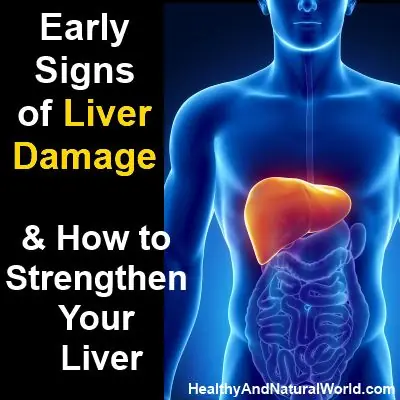
Early Signs of Liver Damage & How to Strengthen Your Liver
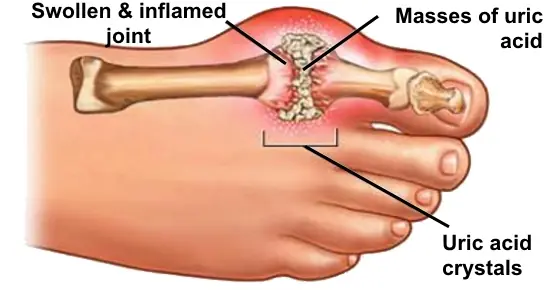
The Best Natural Gout Treatments: Remove Uric Acid Crystallization To Prevent Gout And Joint Pain
News Post

Blood Clot in Leg: Signs and Symptoms You Shouldn’t Ignore (Pictures Included)

Weak Toilet Flush with No Suction Power? A Simple DIY Hack from the Pros

Don’t Throw Away Rotten Tomatoes – The More Rotten, the More “Valuable”! Few People Know This, So Share It with Your Family

The Most Effective Ways to Naturally Get Rid of Clogged Ears

30 Powerful Reasons You Should Stop Ignoring Purslane

DIY Aloe Vera and Clove Toner: A Natural Remedy for Aging Signs

Treat Premature Gray Hair with a Natural Dye Using Tamarind and Potato – Cheap and Effective!

Here are 3 coffee drinking habits of many young people that can accelerate aging and cause various health problems

It's not a snake, this is the "a:ss@ssin" that can crawl out of your air conditioner at home.

Most US Neurologists Who Prescribe MS Drugs Take Industry Money

Cognitive Benefit From Ginkgo biloba Monotherapy in MCI

Keeping Up on HS Management When Guidelines Are Outdated

Orlando Bloom explains ‘horrible’ side effects his weight-loss transformation caused

A:dult star reveals the clause written into her contract that helps keep her safe
Why Should We Not Open the Bedroom Door at Night?

8 Body Language Tips to Help You Appear More Confident

Why Should You Not Close the Door When Using the Air Conditioner?

Flight Attendants Reveal Surprising Truth About Coffee Cups on Airplanes
